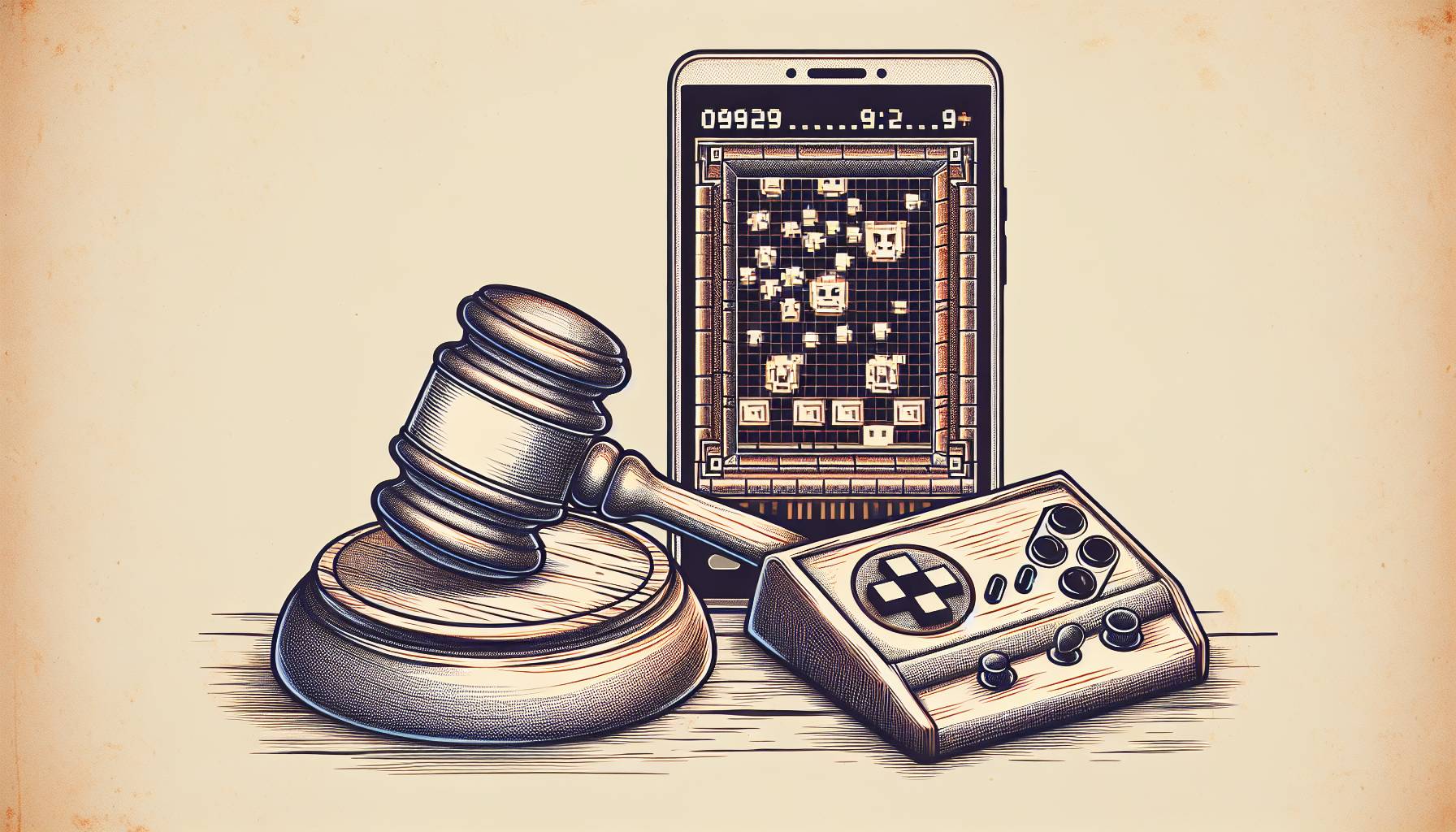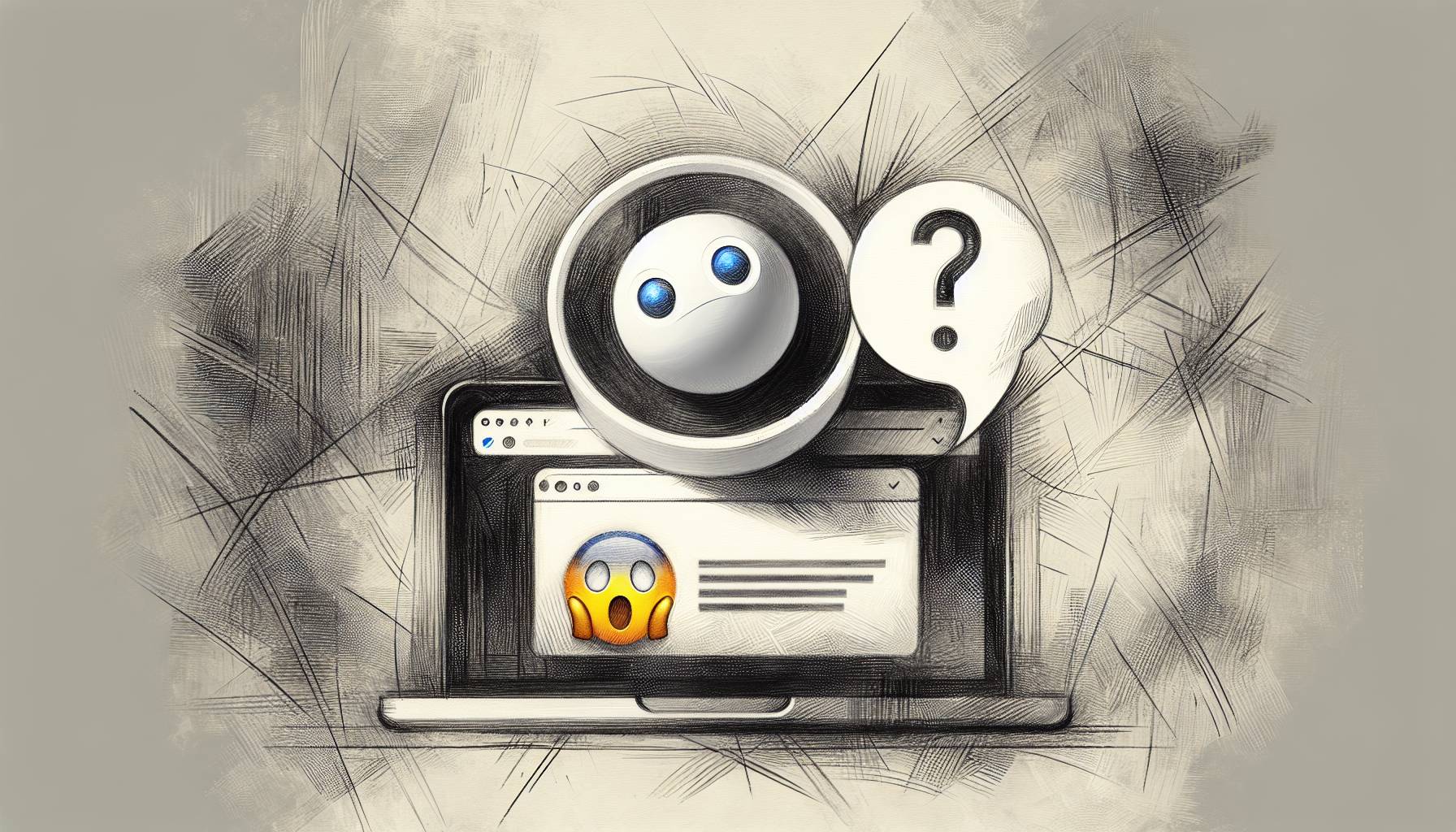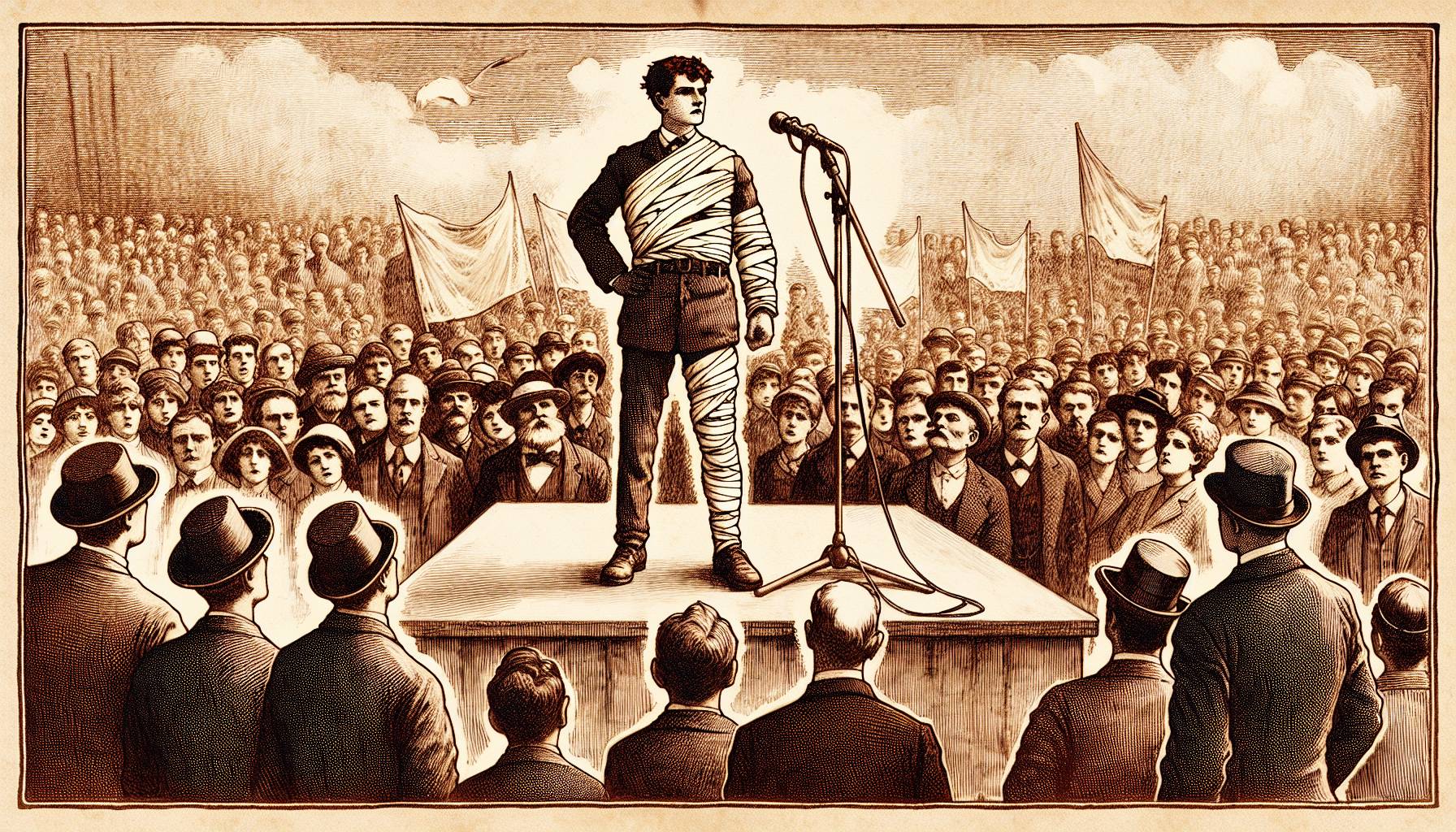When it comes to net neutrality, there are already two kinds of Internet: wired and wireless. The wired Internet is the kind that runs through cables and into computers, and is generally seen by the Federal Communications Commission as something that needs protection from Internet service providers. If telecom companies had their way, they’d be allowed to “throttle” the Internet — so if you wanted to stream Netflix (NFLX) movies, for example, because they take much more bandwidth, ISPs would love to be able to charge you more for the privilege.
The idea that all content on the Internet should be free of such restrictions and run at the same speed, regardless of whether it’s your dog’s blog or eBay (EBAY), is called Net Neutrality. The FCC has had a pretty hard-line stance about Net Neutrality for the wired Internet, but when it comes to wireless, mobile Internet — the kind you use on your smart phone or iPad — your wireless carrier might have more say in what you’re able to access, and how fast.
As Ars Technica reported today, the FCC has released new potential Net Neutrality rules that will see a vote to become more permanent on Dec. 21. And while the FCC is saying that anyone will be able to conduct any lawful Internet traffic they want, from any Internet-enabled device they want, wireless carriers might get a little leeway to adjust how well the mobile Internet works.
The rules aren’t finalized yet — all we’ve seen so far is a speech from FCC Chairman Julius Genachowski — so it’s not clear just how much control wireless Internet providers are going to be able to exercise. But the FCC is saying that they’ll be allowed to exercise some control over the network.
Genachowski’s speech hit on several key points that the rules will include. As I mentioned, wireless providers won’t be able to block any Internet content that isn’t illegal, period. But they are able to “discriminate” between types of content, and Genachowski said that discrimination must be “reasonable.” This is legalese — the use of the term “unreasonable” will likely mean that what the actual criteria for discrimination to be deemed unreasonable will eventually be determined by a judge. Unless it sets a hard-and-fast rule about reasonable and unreasonable discrimination of content types, it’ll be determined on a case-by-case basis by the FCC.
The new rules will also include a provision about transparency, requiring wireless carriers provide more basic information to consumers about how wireless networks are managed. Presumably, this means service providers will be informing customers about rules that have been set regarding the speed of different content types, as well as potential limits on users who consume a lot of bandwidth over a short amount of time. Wireless carriers will be dictating the speed at which you can watch YouTube videos on your smart phone, for example, but at least you’ll know about it ahead of time — and maybe when you sign up for your contract, allowing customers to add network management to their list of things to compare between companies.
Finally, Genachowsi said that, when it comes to the wireless Internet, service providers do need incentives to run their networks and keep them free, fast and powerful. The reason the wireless Internet is regarded as different from the wired one is that it takes the cellular phone network, and all the work that goes into maintaining it, to provide it to users. Mobile Internet is more of a privilege than a right in this regard, and it’s more difficult and expensive to provide. A little freedom on the parts of ISPs to manage their networks and make them work well is important, the FCC thinks.
So the rules will include some kind of provision allowing wireless carriers to institute some kind of reasonable management of their networks to keep them running strong. Again, those are the vague terms of lawyers that will hopefully be made much more explicit later this month; but for the moment, we do know that wireless carriers will have the ability to throttle connection speeds on the fly, to some degree, for the health of their networks.
Don’t expect to turn on your iPhone’s browser in a few weeks and be locked out Gmail or anything later this month, when the FCC’s new rules come into effect — but do expect some changes in the way the mobile Internet works. Some of them will be good, like manipulating networks to make sure everything runs well; some of them might be bad, like requiring additional subscription payments to stream video to your iPhone. But they will definitely be different. Check back with us on Dec. 21 to find out just how different.












